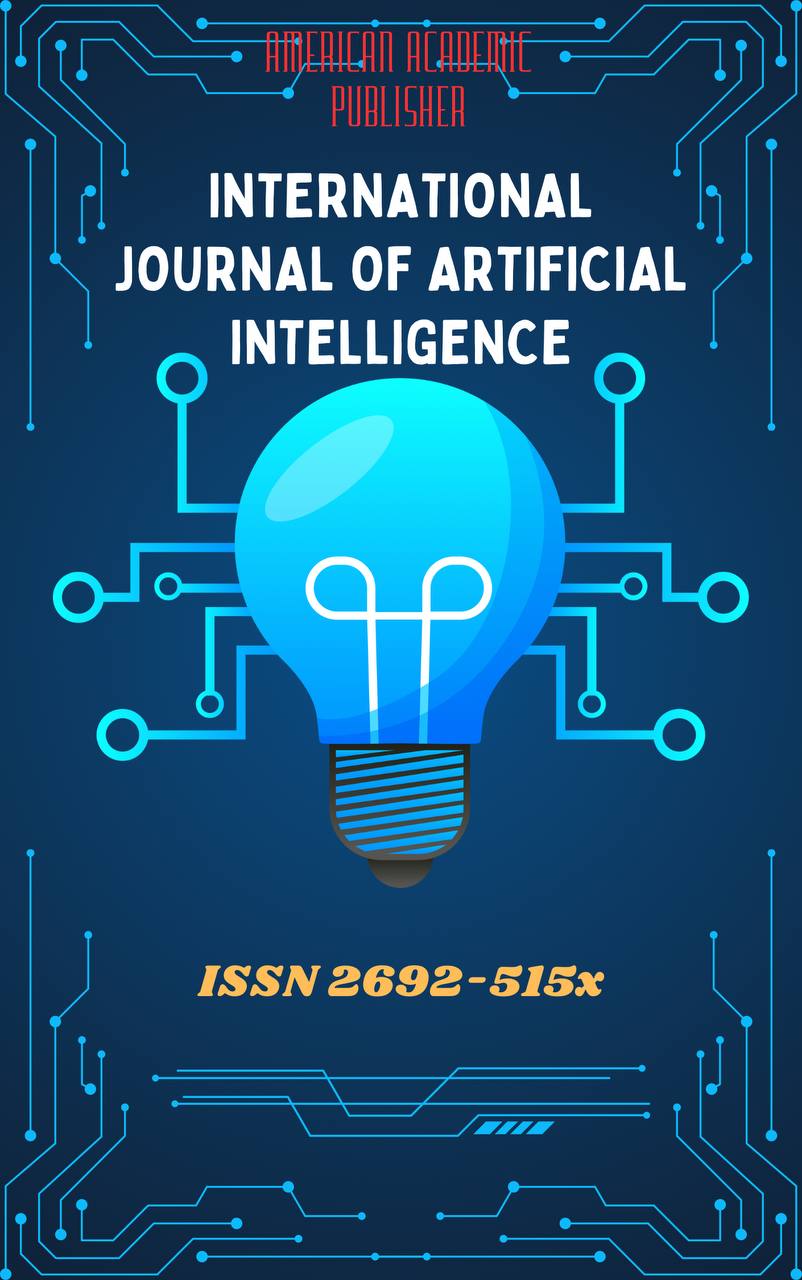 Articles
| Open Access |
Articles
| Open Access | IMPROVING EDUCATION QUALITY THROUGH ARTIFICIAL INTELLIGENCE
Aniyozova Dinara Saparbaevna , Specialized Subject Teacher, Urganch District, Polytechnic School No. 3, Khorezm RegionAbstract
This article explores the role of artificial intelligence (AI) technologies in enhancing the quality of education, focusing on their potential, opportunities, and impact on modern educational processes. The study analyzes how AI can be utilized to create an efficient educational environment for both teachers and students and to design personalized learning programs tailored to individual needs. Special attention is given to the current use of AI systems in education, their practical applications, and their strategic significance for Uzbekistan’s education system. The paper further highlights the scientific and theoretical foundations for improving education quality through AI-based interactive lessons, automation of knowledge assessment, and the introduction of innovative approaches into teaching and learning practices. The study demonstrates that AI integration is a key factor for modernizing education and achieving sustainable development goals in the context of digital transformation.
Keywords
Artificial intelligence, education quality, digital transformation, online learning, interactive lessons, adaptive teaching, innovative pedagogy, digital technologies.
References
Abdullaev, M., Jo‘rayev, A., & Usmonov, N. (2023). Foundations of artificial intelligence and digital technologies. Tashkent: Innovatsiya Publishing.
Karimov, S. (2022). Methodology for applying innovative technologies in education. Tashkent: Fan va Texnologiya.
Presidential Decree of the Republic of Uzbekistan No. PF-60, January 28, 2022. On the development strategy of new Uzbekistan for 2022-2026.
Article Statistics
Downloads
Copyright License

This work is licensed under a Creative Commons Attribution 4.0 International License.
